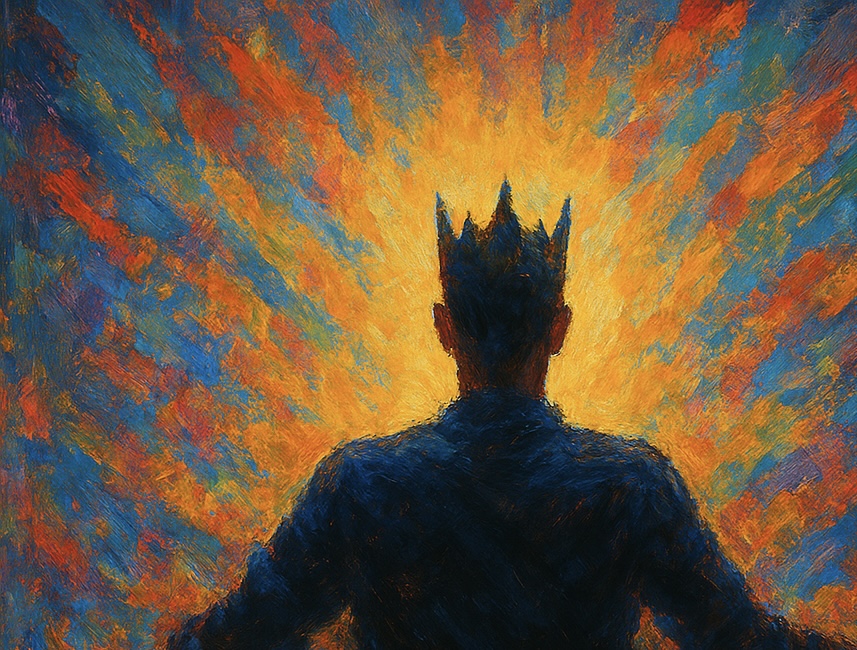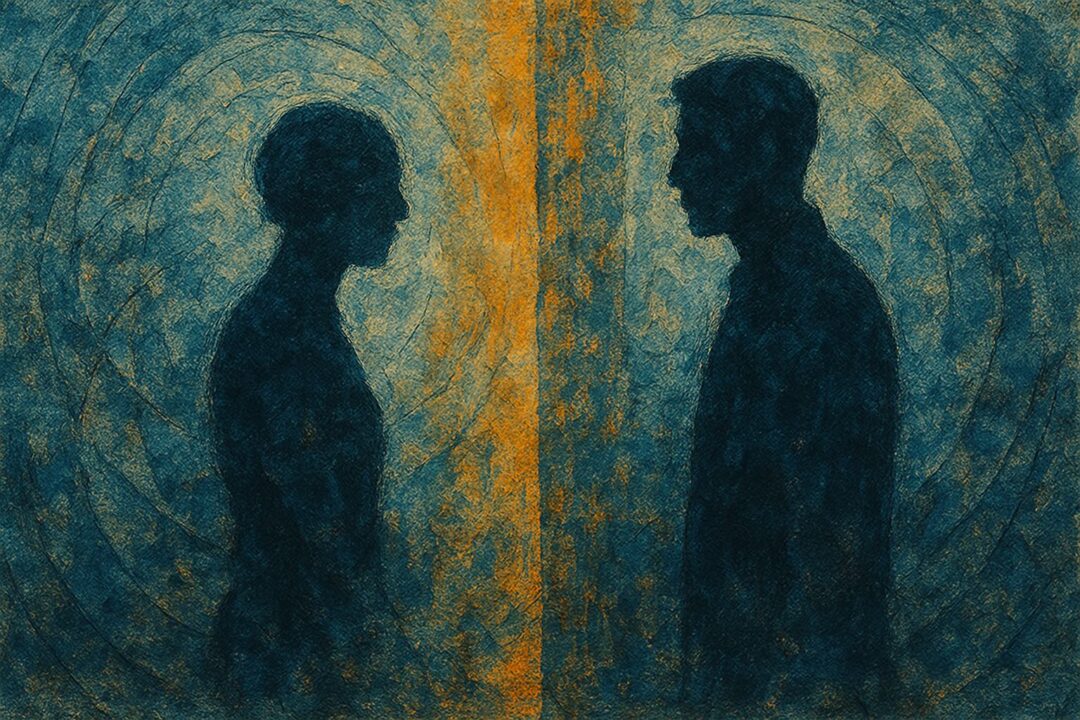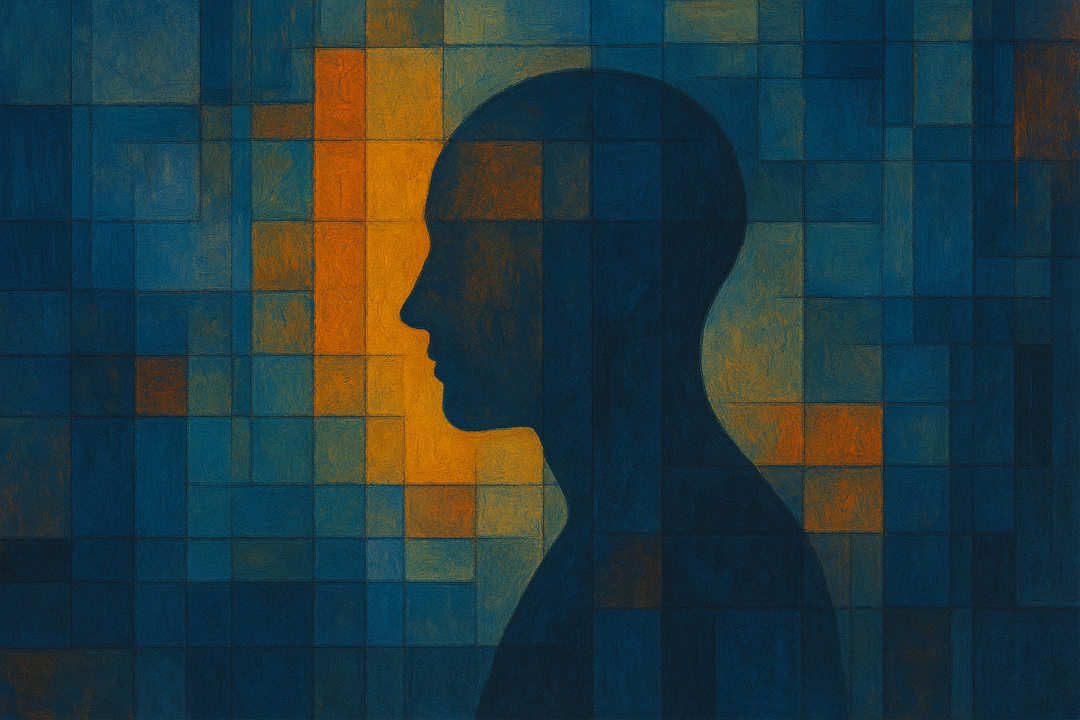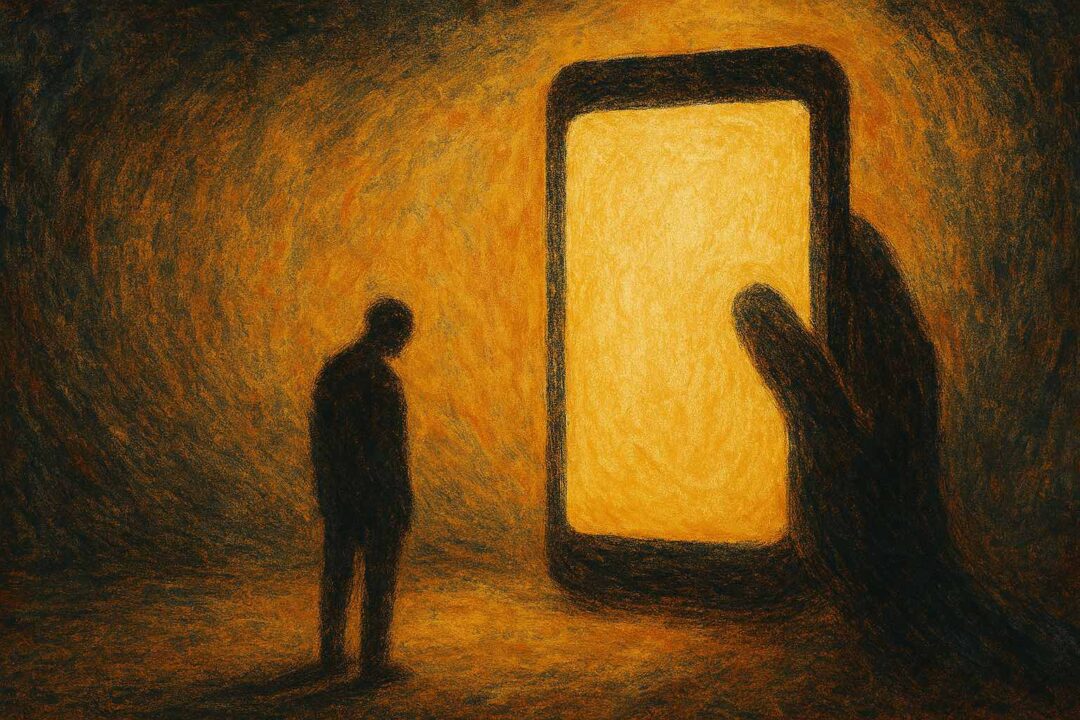Imagine you needed to travel halfway across the planet.
You could fly. Twelve hours in the air, a few in transit. A blur of terminals, security checks, and boxed meals. And then you’re there.
Or you could walk.
Through forests and fields. Across borders. Past strangers who become friends. Through exhaustion, hunger, awe. A thousand sunsets, a hundred kinds of silence. It might take you ten years.
So which one is progress?
Most would say flying. Faster is better. But faster to what? To where? And at what cost?
This is where the Value Equation comes in. It’s not about how quickly you reach a destination, but whether the journey—or the shortcut—makes life more meaningful.
Value = (Time × Daily Enjoyment) + Future Satisfaction – Opportunity Cost
We don’t often pause to consider what our choices actually amount to. We’re told that technology improves life. That convenience equals freedom. That skipping the hard part is a sign of intelligence.
But what if the hard part is the point?
Walking gives you time. Not just to think—but to feel. To become someone else. To inhabit the days fully. The road becomes the life. The slowness isn’t a delay—it’s the experience itself.
Flying gives you time, too. Or so it seems. But often we don’t use it. We fill it with distractions. We don’t live more—we just move faster. The landscape becomes a blur. The people are anonymous. We arrive, but we’ve skipped everything that might have changed us.
This isn’t really about walking or flying. It’s about how we live.
Every time we choose a shortcut, we skip something. And often, we don’t know what we’ve skipped. We don’t notice that we’ve traded depth for speed, presence for productivity, ritual for efficiency.
Technology has made life easier. But has it made life better?
We have tools that save time—but are we using that time well? We’ve automated effort—but did effort give our lives structure? We’ve eliminated waiting—but was waiting sometimes where wonder lived?
When you bake bread, it takes hours. The kneading, the rising, the slow transformation. It’s alive in your hands. When you buy bread, it’s over in minutes. But what did you save? And what did you lose?
When you write something yourself—slowly, painfully—it changes you. When you let an AI do it, the words appear faster. But are they yours? Did you go anywhere inside yourself to get them?
Maybe progress should be judged not by what it allows us to skip, but by what it invites us to experience more fully.
If a shortcut lets you live more deeply, it’s worth taking. But if it lets you live less—if it replaces presence with convenience, meaning with metrics, effort with detachment—it might not be progress at all.
The Value Equation asks us to be honest about what we value:
- Time × Daily Enjoyment: Do you love the process? Are you alive in it?
- Future Satisfaction: Will you be proud? Changed? At peace?
- Opportunity Cost: What did you give up? And was it worth it?
In the end, this is about more than decisions. It’s about how we define a good life.
A life lived only for speed might arrive at its end wondering what it was in such a hurry for.
So ask yourself: do your shortcuts serve your soul—or just your schedule?
Sometimes, walking across the world might be the most direct path to who you were meant to become.
Discover more from Brin Wilson...
Subscribe to get the latest posts sent to your email.



